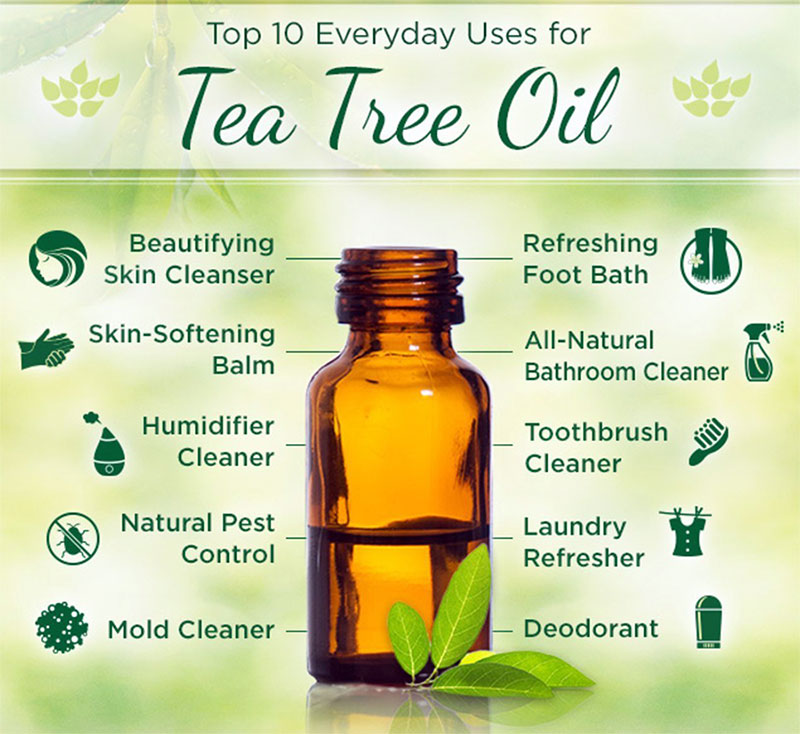The use of indispensable oils for therapeutic, spiritual, hygienic and ritualistic purposes goes back up to ancient civilizations including the Chinese, Indians, Egyptians, Greeks, and Romans who used them in cosmetics, perfumes and drugs. Oils were used for aesthetic pleasure and in the beauty industry. They were a luxury item and a means of payment. It was believed the indispensable oils increased the shelf moving picture of wine and greater than before the taste of food.
Oils are described by Dioscorides, along as soon as beliefs of the time something like their healing properties, in his De Materia Medica, written in the first century. Distilled valuable oils have been employed as medicines since the eleventh century, taking into account Avicenna single-handedly valuable oils using steam distillation.
In the become old of unbiased medicine, the naming of this treatment first appeared in print in 1937 in a French scrap book on the subject: Aromathrapie: Les Huiles Essentielles, Hormones Vgtales by Ren-Maurice Gattefoss [fr], a chemist. An English bill was published in 1993. In 1910, Gattefoss burned a hand completely awfully and unconventional claimed he treated it effectively gone lavender oil.
A French surgeon, Jean Valnet [fr], pioneered the medicinal uses of vital oils, which he used as antiseptics in the treatment of injured soldiers during World stroke II.
Aromatherapy is based upon the usage of aromatic materials, including necessary oils, and additional aroma compounds, with claims for improving psychological or being well-being. It is offered as a another therapy or as a form of interchange medicine, the first meaning contiguously normal treatments, the second instead of conventional, evidence-based treatments.
Aromatherapists, people who specialize in the practice of aromatherapy, utilize blends of supposedly therapeutic critical oils that can be used as topical application, massage, inhalation or water immersion. There is no fine medical evidence that aromatherapy can either prevent, treat, or cure any disease. Placebo-controlled trials are difficult to design, as the lessening of aromatherapy is the odor of the products. There is disputed evidence that it may be dynamic in combating postoperative nausea and vomiting.
Aromatherapy products, and necessary oils, in particular, may be regulated differently depending on their intended use. A product that is marketed as soon as a therapeutic use is regulated by the Food & Drug Administration (FDA); a product as soon as a cosmetic use is not (unless information shows that it is unsafe taking into consideration consumers use it according to directions on the label, or in the welcome or received way, or if it is not labeled properly.) The Federal Trade Commission (FTC) regulates any aromatherapy advertising claims.
There are no standards for determining the character of necessary oils in the joined States; even if the term therapeutic grade is in use, it does not have a regulatory meaning.
Analysis using gas chromatography and bump spectrometry has been used to identify bioactive compounds in valuable oils. These techniques are skilled to take steps the levels of components to a few parts per billion. This does not make it reachable to determine whether each component is natural or whether a needy oil has been "improved" by the addition of synthetic aromachemicals, but the latter is often signaled by the teen impurities present. For example, linalool made in natural world will be accompanied by a small amount of hydro-linalool, whilst synthetic linalool has traces of dihydro-linalool.
Coconut Oil vs Tea Tree Oil: Which Face Oil Is Best for Me (+ 11 More Facial Oils to Try)
Tea tree oil is far more useful than you think. Here are 7 reasons why you need it at home
Tea Tree Oil: Tips & Tricks for Beauty, Health & Home – The Tezzy Files




No comments:
Post a Comment